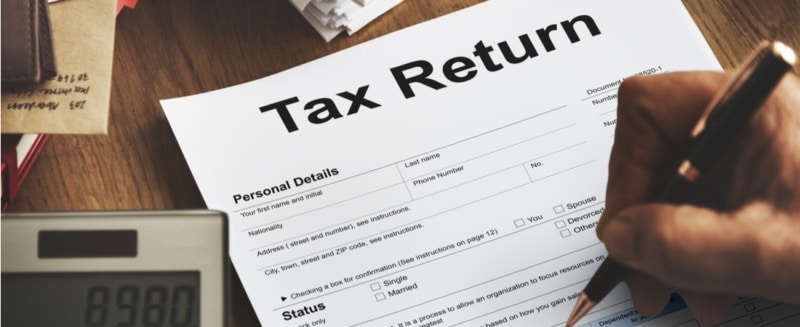As you’ve probably realized by now, your paycheck is just a little smaller than it was in 2011 and 2012. For two years, we had the privilege of paying 2 percent less into our Social Security accounts to help stimulate the economy, but that benefit was eliminated for 2013.
So what does that mean for you this year? If your annual income will be $30,000, it will cost you an extra $600—and if your wages will be $113,700, it will cost you $2,274. Once you pass this earnings limit, you are no longer taxed for Social Security, so there’s no further effect.
Is it a good thing to keep your income tax withholding really high and get a big refund at the end of the year? Or are you better off breaking even—or owing a few dollars?
For some people, this is purely a matter of preference. In other instances, your decision can generate an audit or hold up your refund.
First, let’s look at the bad side of keeping your withholding high.
Why would a big refund cause an audit? There is an incredible amount of tax fraud taking place. Yes, you’re a nice, decent person who wouldn’t think of engaging in fraud. But there are fraudsters who take advantage of refundable credits to rip off the system. When a tax return shows thousands of dollars in refunds, it automatically gets sidetracked and reviewed by the IRS’s Criminal Investigation Division (CID).
That division is looking for refundable tax credits—the earned income credit, child tax credit, American opportunity credit, and so on—as well as for consistency of employment and withholding. Have you been getting a W-2 from the same company year after year? If everything makes sense for your situation and tax history, the delay may only be a day or two. If not, it could become a full-blown audit. Be prepared to prove your right to those tax credits.
Now let’s look at the good side.
Stashing money with the IRS and/or state from each paycheck means you can’t touch that money all year. You have no access to it until you file next year’s tax return. This means that you can end up with enough money to take your terrific annual trip or to make a down payment on a car or house.
But why let the IRS use your money for free all year when you can earn the interest? Well, are you earning more than 1 percent on your savings? Even if you set aside $10,000 in withholdings, how much interest could you earn at 1 percent or 2 percent? The answer is that you’ll probably only earn around $200—and only if the money sits there starting in January. Your withholdings accumulate during the year, so in this case you’ve actually only lost about $50 to $100.
Of course, you probably would have been tempted to use that money for an emergency—or a really compelling impulse buy. So what’s the right thing to do?
Whatever you think is best.
Just make sure you have enough money withheld to cover all the taxes you owe. The rest? It’s gravy.
Eva Rosenberg, EA is the publisher of TaxMama.com , where your tax questions are answered. Eva is the author of several books and ebooks, including the new edition of Small Business Taxes Made Easy. Eva teaches a tax pro course at IRSExams.com and tax courses you might enjoy at http://www.cpelink.com/teamtaxmama.
[amazon_link asins=’B00KSQ8ZNA,B0056NQV40,B07644ZS1D’ template=’ProductCarousel’ store=’thinkglink-20′ marketplace=’US’ link_id=’61690988-3433-11e8-a83c-d177e695caa5′]






